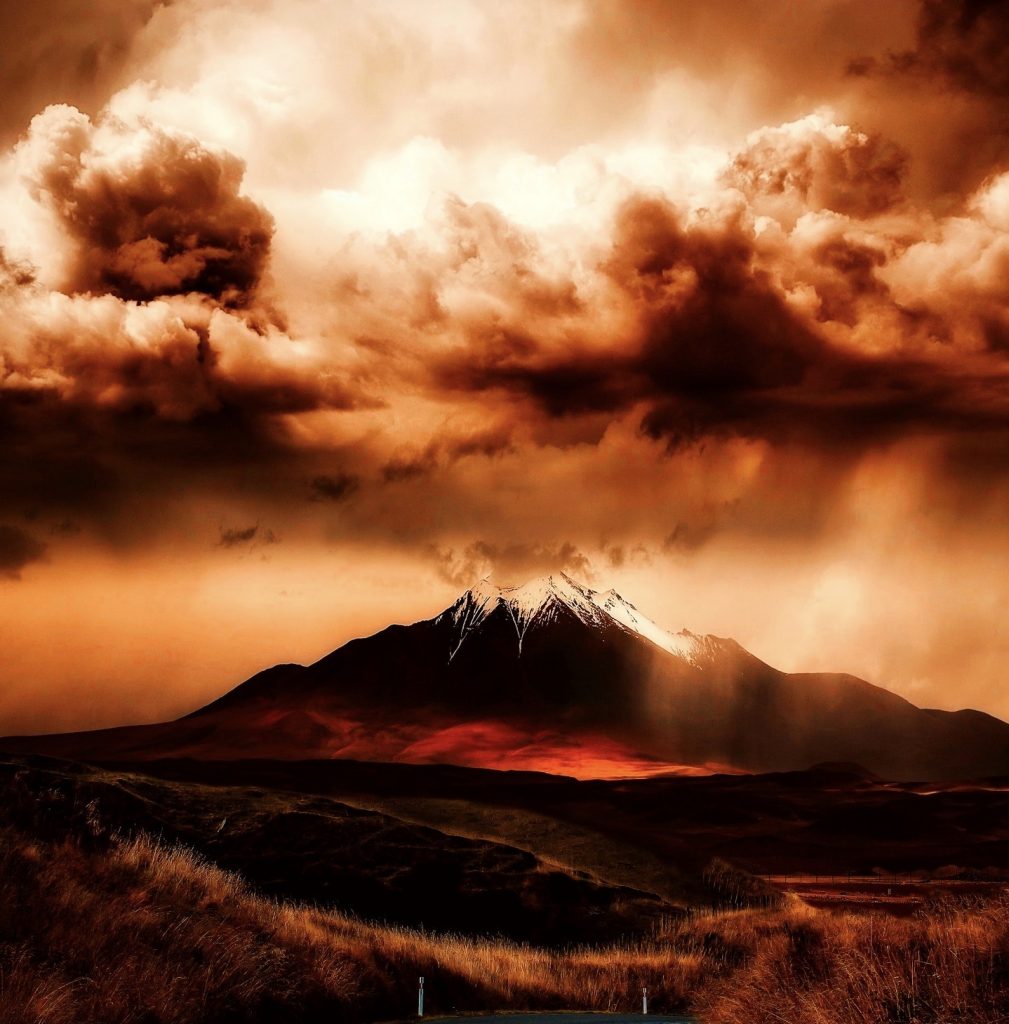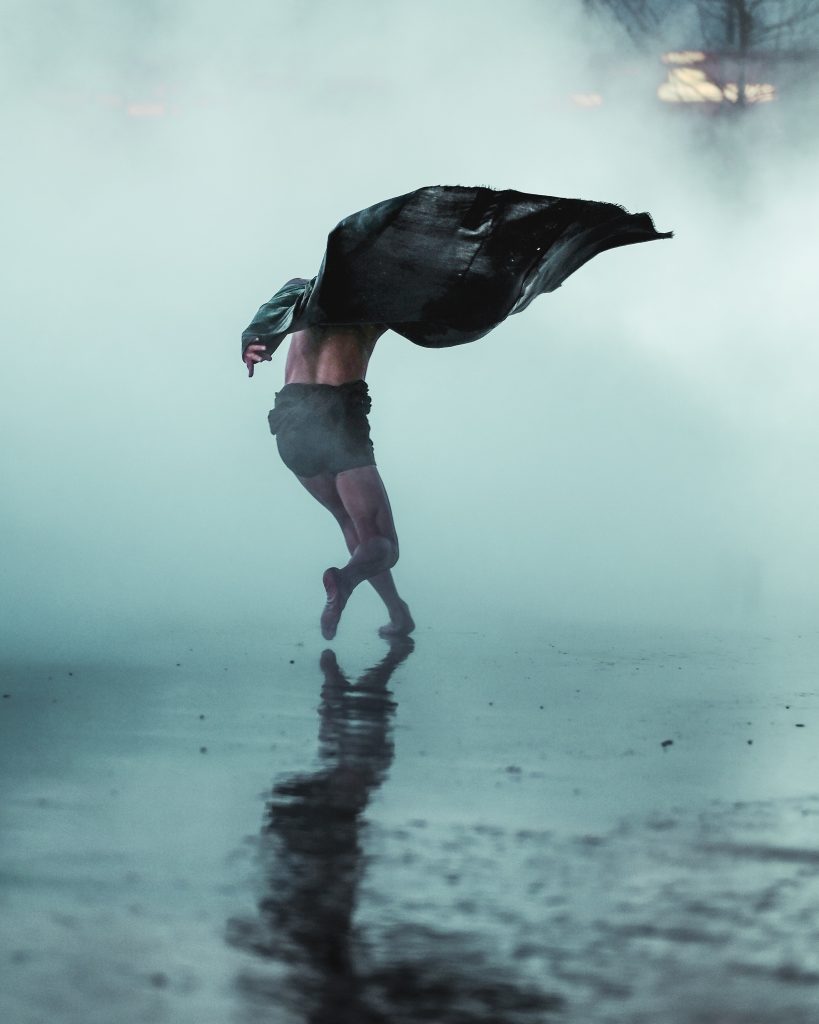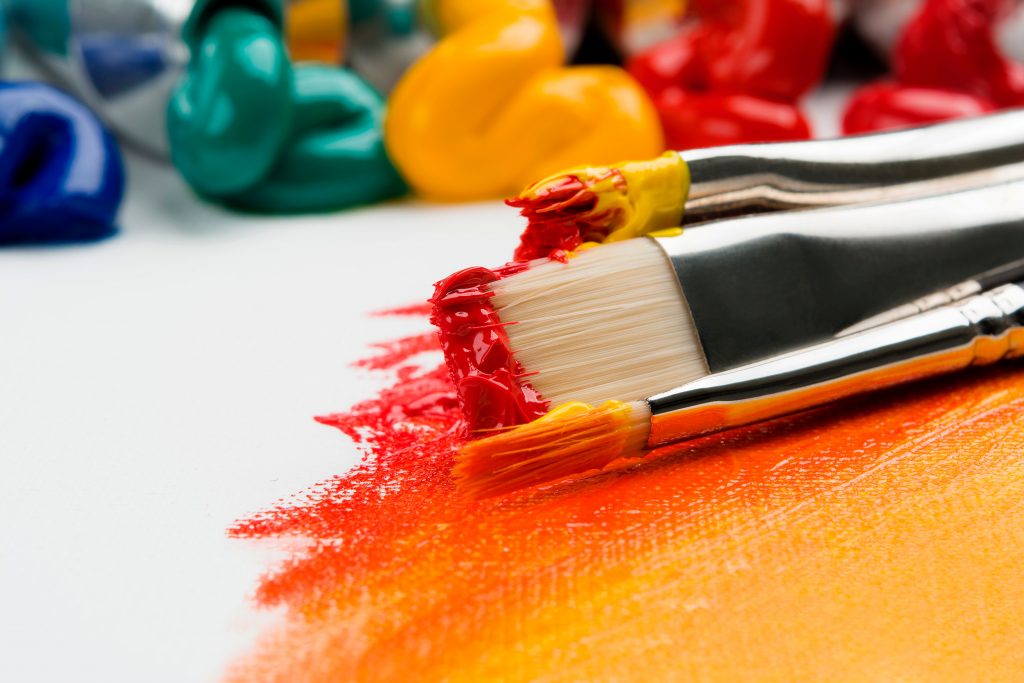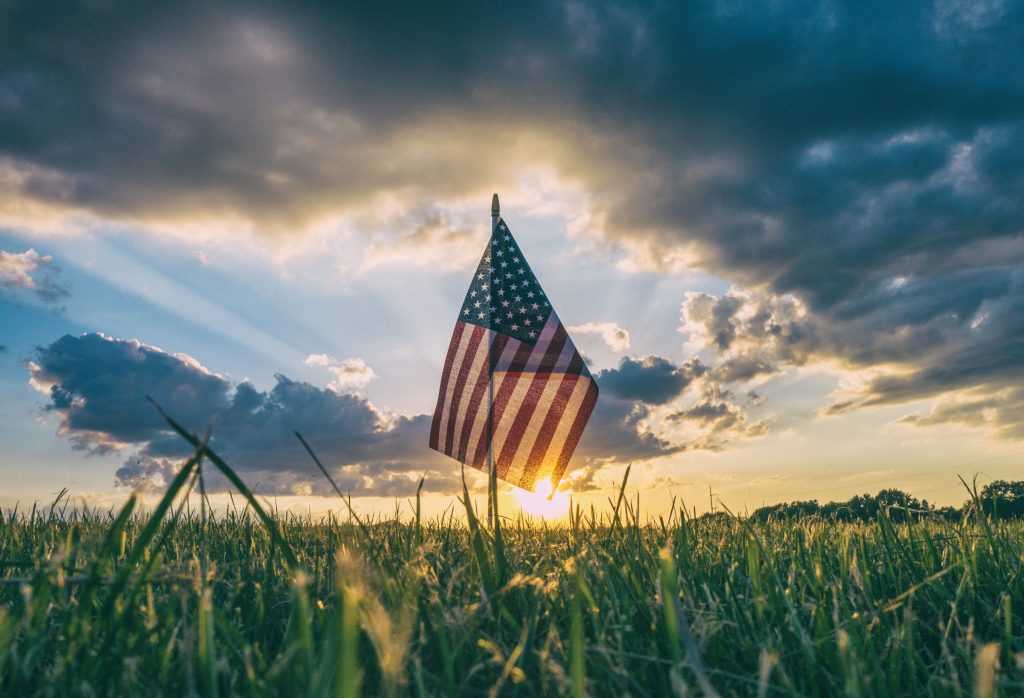“I’ve gotten to this age, and all this time, I’ve been afraid,” my client said. “I’ve been holding back out of fear, playing it safe. But all this time I’ve been living in a cage.”
And she was ready to be free.
Now, it’s not as if she’d been doing nothing. She has a PhD, and she’s a professor.
But, she was working on a novel now, and when she hit a roadblock, she kept putting it away–sometimes for months at a time. That was how the “cage of fear” showed up for her.
Sometimes the cage is subtle, and we don’t know we’re in it.
Is fear keeping you in a cage?
Here are some signs it is:
- It takes heroic effort to do your creative work, and you’re regularly derailed by procrastination, resistance, or avoidance
- You hold back on saying things in your creative work because you’re concerned about how others will react
- It’s incredibly hard for you to finish projects because they never feel good enough
- You rarely submit your work because you think it’s not ready
- People with less talent than you have achieved more success (because they kept at it while you held back)
- You have successful colleagues who were your equals years ago–but they’ve forged ahead while you’re in much the same place
- You have connections in your industry but don’t reach out to them because you don’t want to “use up” your opportunities
Of course, creative work takes time and effort. And fear is part of the human condition.
So, it’s easy to assume if you’re afraid, that’s “just how it is”—to think there’s nothing you need to do.
But, there’s a difference between the anxiety of creative tension and being caught in a cage of fear.
Creative tension is part of the process. When we face a blank page, we’re looking into the unknown, with internal pressure to do something. That produces anxiety.
However, if you’ve been in the same position for more than a few months—without making substantial progress—then there’s a good chance you’re “in the cage” of fear.
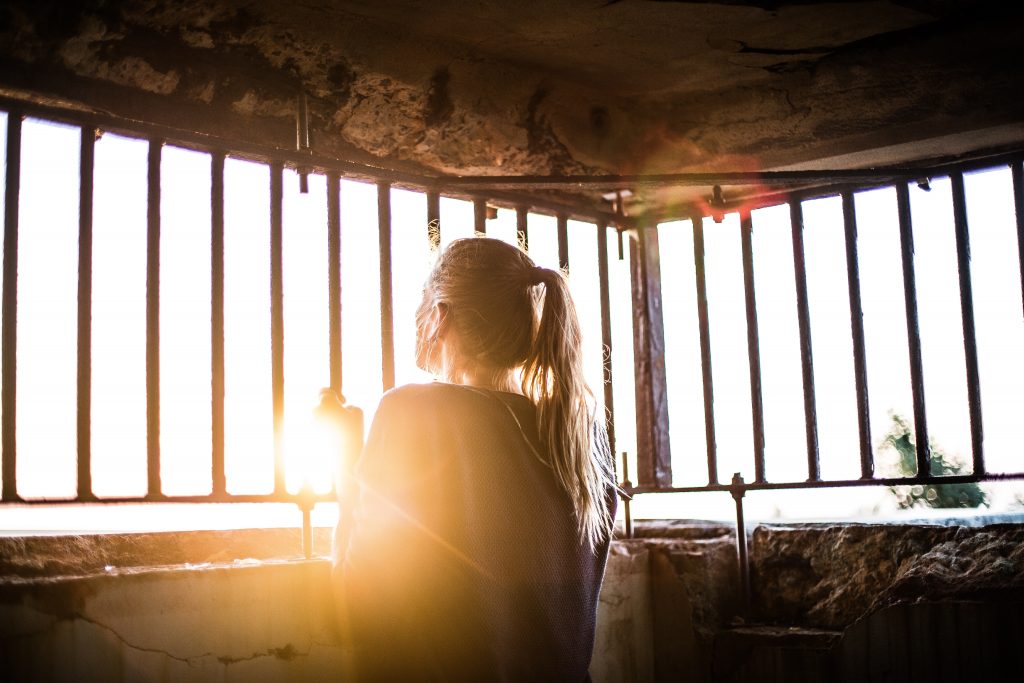
Take an honest look. You know the truth.
Are you facing normal creative jitters that will ease up once you start your creative work?
Is it just a passing fear related to one aspect of your work–one you’ll move through in a couple hours or a few days?
Or is your fear a lifelong habit that’s held you back more times than you can count?
You can break free
If you’ve realized fear is keeping you in a cage, take heart.
The beautiful thing is, the door is unlocked.
You can choose to be free.
And, just by realizing you’ve been trapped in fear, you’ve taken the first step towards freedom.

In my next post (coming tomorrow), I’ll talk more about what your fear is telling you, what it’s not, and how to get free of the cage of fear.
*
P.S. If you ARE trapped in the cage of fear, and you want to get free NOW, email me about my Artist in Action program. It’s designed for ambitious writers and artists who are tired of having their careers dragged down by fear and avoidance.
You’ll stop procrastinating and DO your creative work—regularly and easily—so you can have a successful creative career.
Interested? Email Me and let’s talk.





